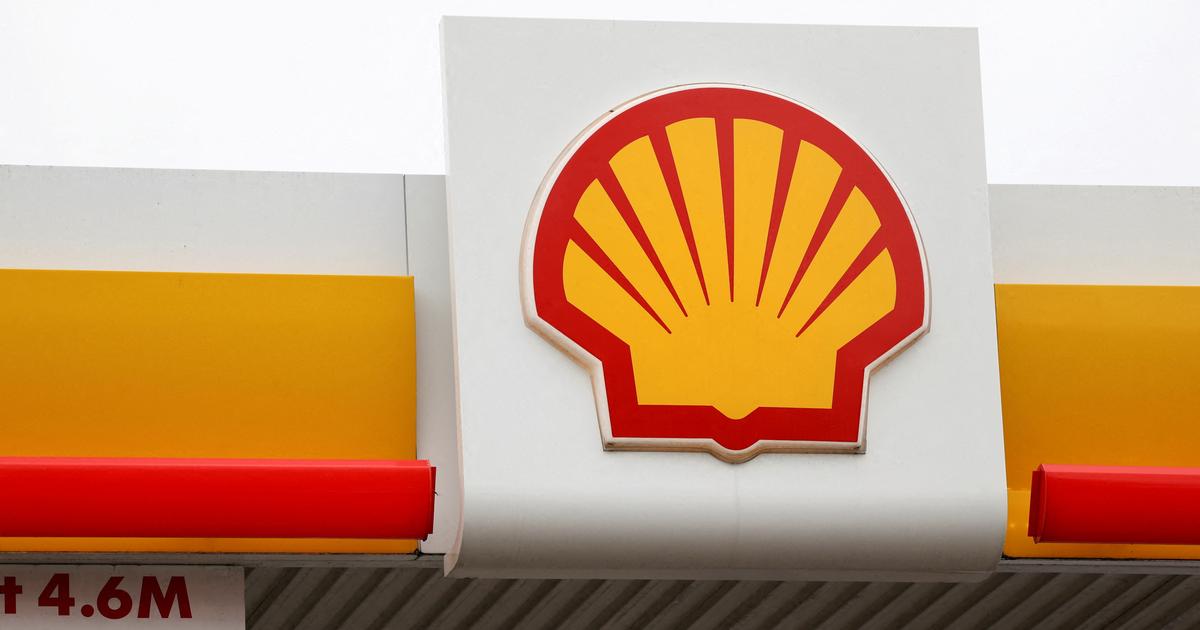Five years after the signing of the Paris Agreement on the reduction of greenhouse gas emissions and while CO2 emissions of fossil origin have experienced a record temporary drop of 7% in 2020 due to the crisis in coronavirus, the European Union wants to go further in the fight against global warming.
At the end of a night of debates, the heads of state and government adopted "an ambitious proposal for a new climate objective", welcomed the Commission President Ursula von der Leyen on Twitter.
READ ALSO>
Nicolas Hulot: "We have already lost the climate fight"
This agreement, blocked for long hours by Poland, anxious to obtain guarantees on the financial aid it would obtain in exchange for the greening of its economy, plans to reduce emissions by 55% by 2030 to reach the target zero in 2050.
"There is no plan B"
“Ten years is tomorrow.
So let's do everything we can to succeed, now, all together.
Because there is no plan B ”, added Emmanuel Macron.
Great way to celebrate the first anniversary of our #EUGreenDeal!
#EUCO has endorsed our ambitious proposal for a new EU climate target.
Europe will reduce emissions by at least 55% by 2030.
It puts us on a clear path towards climate neutrality in 2050.
- Ursula von der Leyen (@vonderleyen) December 11, 2020
But this agreement at the top will still have to pass the parliaments of the various states but also through the European parliament which asked for even more.
And there, a lot of resistance could appear, as in Poland which has so far favored coal, but also in other states such as Belgium.
To meet this objective, the country will be forced to put its hand in its pocket to subsidize CO2 emission reductions achieved in other countries.
And there, it is not certain that the parliament accepts this financial “sacrifice”, especially when the financial crisis of the Covid has just destroyed the economies.
In addition, to achieve this reduction in emissions, there is no shortage of issues that can cause debate.
Morning essentials newsletter
A tour of the news to start the day
Subscribe to the newsletterAll newsletters
Thus, by wanting to promote the development of electric transport, the European Union is beginning to realize that a plan must be put in place on end-of-life batteries or even on their recycling, which emit a lot of CO2.
The European Union intends to modernize the legislation on batteries to make them more ecological.
These new requirements will relate to “the use of materials from responsible sources with a limited use of hazardous substances, the minimum content of recycled materials, the carbon footprint, performance, duration […], as well as the achievement of collection and recycling targets ”.
“From July 1, 2024, only rechargeable industrial batteries and batteries for electric vehicles for which a carbon footprint statement has been established” may be placed on the market.
The collection rate for batteries used by individuals will have to be increased to 70% in 2030, against 45% currently, for better recovery of their materials such as cobalt, lithium, nickel and lead.















